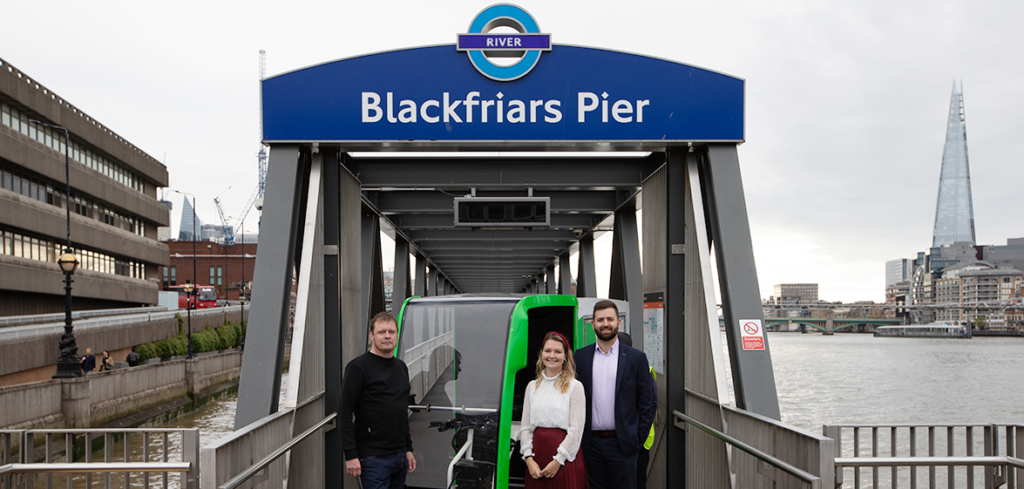A report by marine consulting engineers Beckett Rankine, published jointly by the Port of London Authority (PLA), Cross River Partnership (CRP) and Transport for London (TfL), details a best-practice approach to marine and landside infrastructure, to help meet growing demand to transport more small goods and parcels into the capital by river.
“This new guidance will help to tap into the potential of the river Thames, recommending best practice for the use of e-cargo bikes on and near Thames-side piers in London,” said London’s Deputy Mayor for Transport, Seb Dance.
James Trimmer, the PLA’s director of planning and development, said, “To move forward with confidence, we first need to agree an operating regime, including common standards for training. This will require the input of all those involved, including pier owners, vessel operators and the companies taking goods onward from the river to their final destination, increasingly by e-cargo bikes.
“We are also in the process of reviewing our constructor’s guide to cargo bikes and expanding it to include guidance for other sectors beyond construction,” said Alina Tuerk, TfL’s head of roads and freight strategy and planning. “This design guidance for London’s piers is well-aligned with our recently launched Cargo Bike Action Plan.”
Beckett Rankine senior engineer Graham Gathergood, one of the report’s authors, said, “As the leading designer of passenger piers on the tidal Thames, Beckett Rankine was delighted to be asked to assist the PLA, CRP and TfL. Light freight transport by river is a rapidly expanding industry and, until now, there has been no design guidance on how to accommodate e-cargo bikes on floating piers.”


